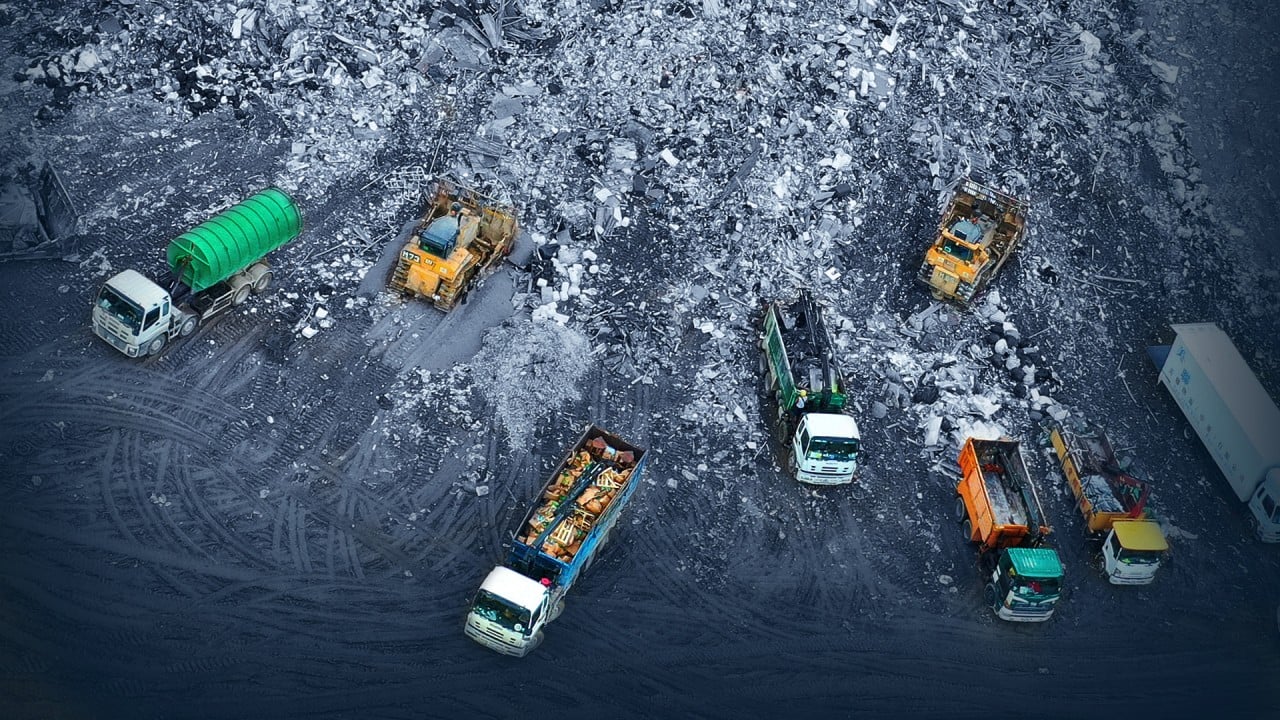
To clear up waste charging confusion, start by educating officials
- Beyond a public-relations nightmare, recent comments by government officials show they appear just as confused about the reason for the scheme as the public
- Reducing waste, with the mindset of treating recyclables differently from rubbish to be thrown out, is the main point
We’ve been talking for decades about the need to reduce the amount of waste going into our landfills. No one wants a new landfill or incinerator near their homes, yet this seems to have remained a not-in-my-backyard issue. Pay-as-you-throw is the ultimate way to change people’s habits and mentality. So whether this is the right thing to do is a non-issue.
The scheme was originally intended to launch by the end of 2023 but the date was postponed to April 1. The government finally admitted the public was still so confused about its details that the launch date had to be moved again, to August 1.

Reducing waste, with the mindset of treating recyclables differently from rubbish to be thrown out, is the point. And it is a point that Wu completely missed.
There is no question John Lee made the right call to put the brakes on the scheme. The decision was not an easy one, given the embarrassment it has caused.
If we read between the lines of what was said by Professor Lau Siu-kai – a consultant at the semi-official think tank Chinese Association of Hong Kong and Macau Studies and a former government adviser – we can appreciate just how big a deal the problems leading up to the second postponement were.
While Lau was reassuring, saying he did not see a political crisis taking shape, he admitted: “Beijing, of course, is concerned and might have cautioned the government … If the government can handle the matter adroitly and resolve the disputes, Beijing will not give the government a hard time.”
For our waste levy to be on Beijing’s radar is almost unfathomable, but this may be the wake-up call the Hong Kong government needs.
More time, then, is needed not only to educate the public, but for officials to fully understand why they are pushing the scheme. Only when they understand – and the good news is they now seem to know where they failed – the reasons behind the policy can they help publicise it and address people’s concerns, including whether there are adequate recycling facilities to accommodate a meaningful waste reduction.
Convenience is key to change habits. Otherwise, we will remain hung up about whether the government-designed bags are durable enough or whether neighbours could share saws.
So the cavalier comment by Samuel Chui Ho-kwong, director of environmental protection, regarding public confusion over the scheme – “If you don’t want to figure it out, you will never be able to figure it out” – applies to bureaucrats, too: if you don’t want to figure out why you’re making people do something, you will never be able to figure it out.
Alice Wu is a political consultant and a former associate director of the Asia Pacific Media Network at UCLA


